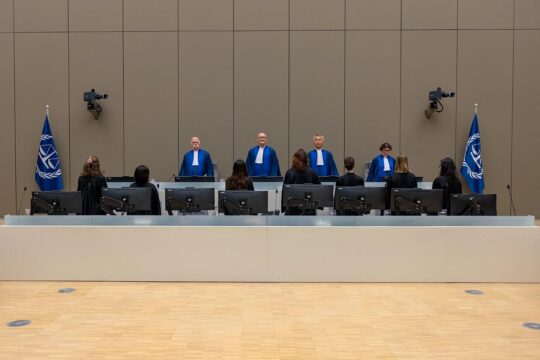Romanian prosecutors Friday issued a fresh indictment against former president Ion Iliescu for crimes against humanity in a deadly 1990 crackdown on protesters, the latest of several proceedings against him.
Four people were killed in June 1990 after Iliescu allegedly called in thousands of miners to help police put down the demonstration, just months after the execution of the communist dictator Nicolae Ceausescu.
Repeated investigations into the violent crushing of the anti-communist protest have been dragging on for two decades.
First accused in 2005, the former president was ordered to stand trial in the case in 2017, but charges were dropped on procedural grounds and the investigation was later reopened.
Military prosecutors said in a statement on Friday they had ordered "the continuation of the criminal proceedings against Iliescu... on the charge of committing crimes against humanity".
Besides the four dead, two people were raped, more than 1,300 injured and some 1,200 unlawfully deprived of their liberty "on political grounds", the prosecutors said.
Iliescu, now 94, was informed of the charges against him at his home in Bucharest and could face up to 25 years in prison.
He has repeatedly denied being responsible for the violence, which brought widespread international condemnation.
Former prime minister Petre Roman and Virgil Magureanu, the intelligence chief at the time of the crackdown, are among others who were officially charged.
In 2014, the European Court of Human Rights criticised Bucharest for failing to fully investigate the crimes committed in the aftermath of the revolution, reviving the stalled legal proceedings in the case.
On Thursday, Justice Minister Alina Gorghiu said that the state had "an obligation... to Romanian society" to bring closure to the "old" case.
Teodor Maries, president of the 21 December 1989 civic association, which demands justice for the crimes, decried the authorities' slowness to act, but said he now saw "at least a glimmer" of movement.


